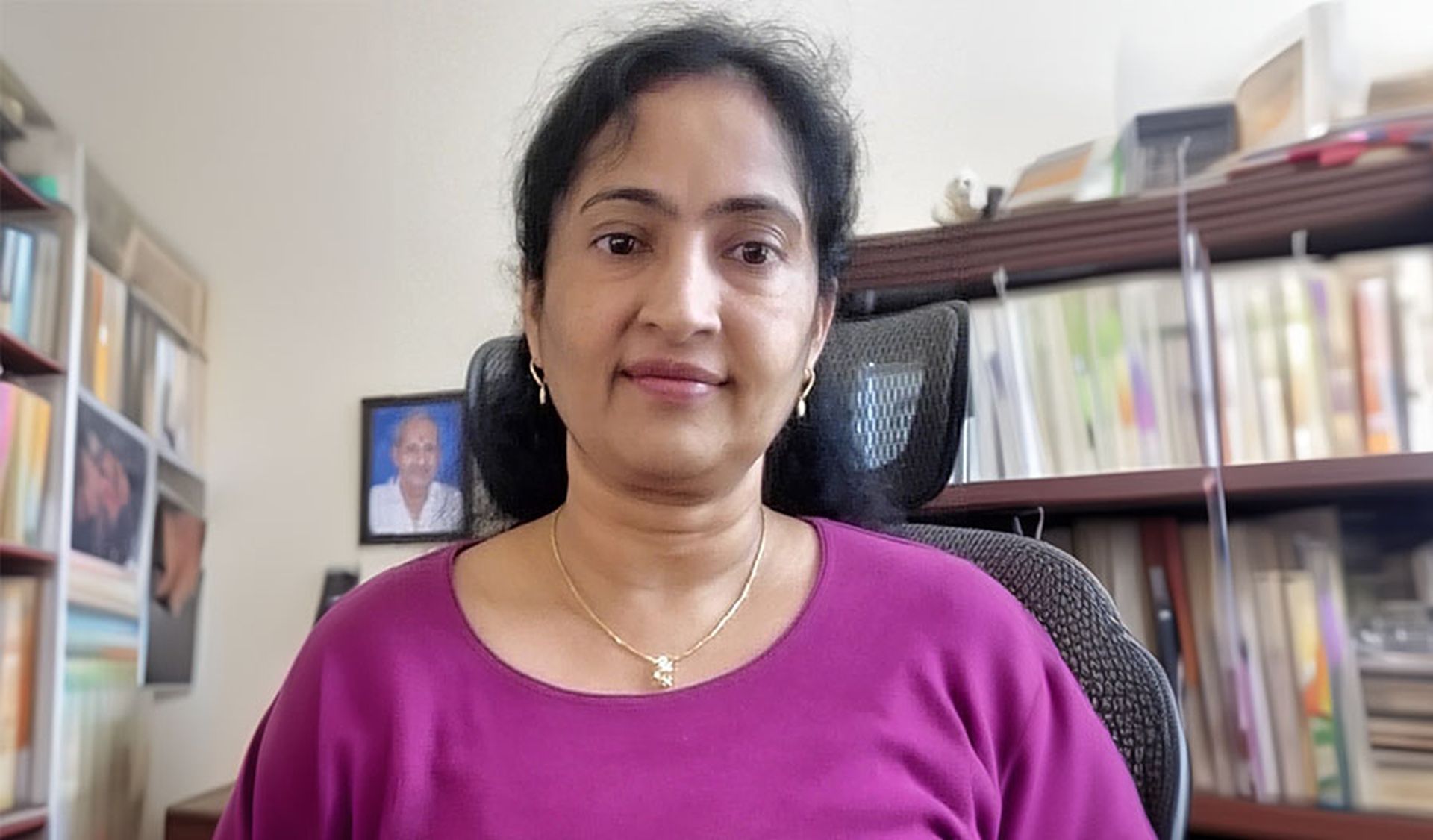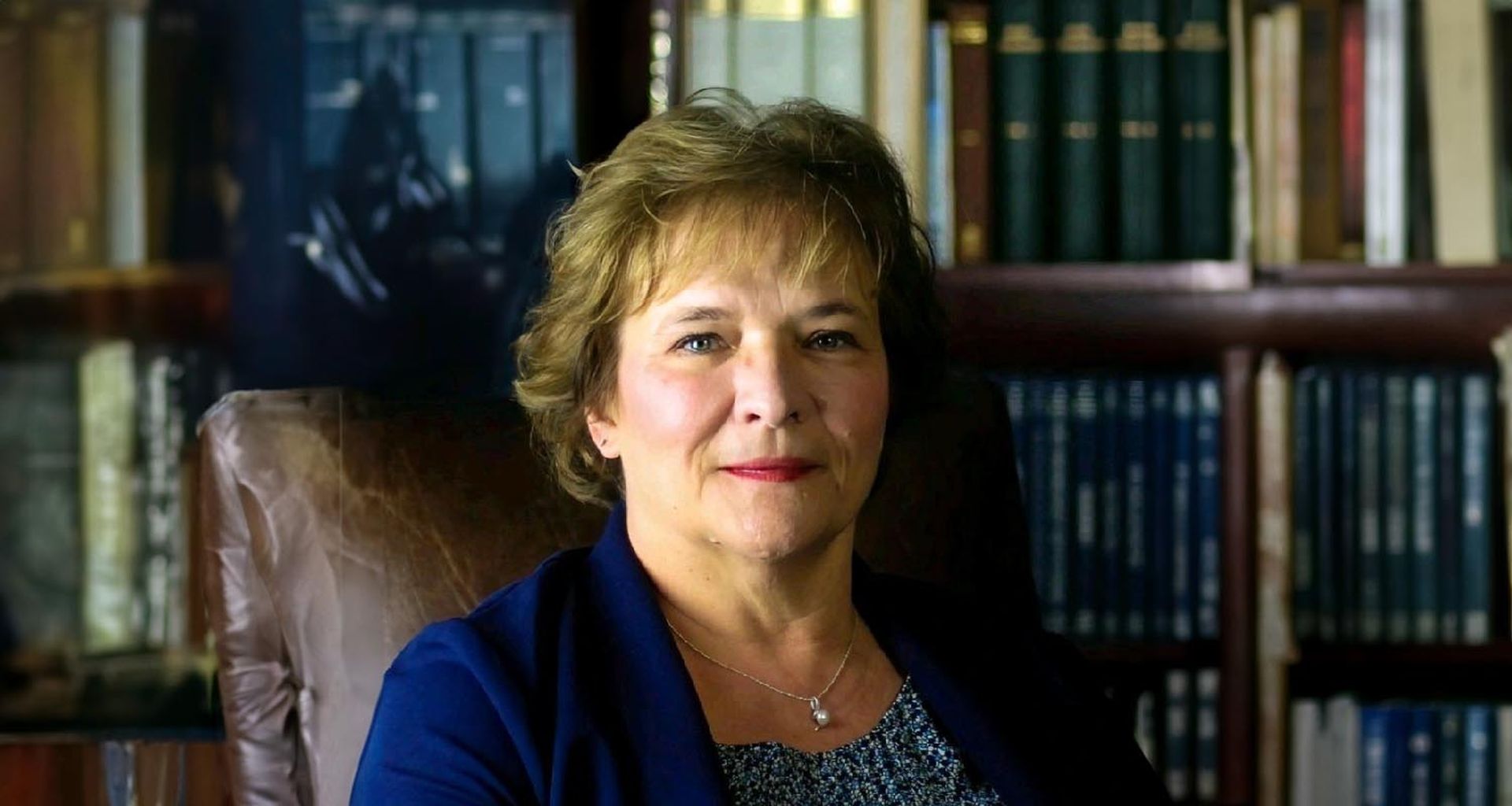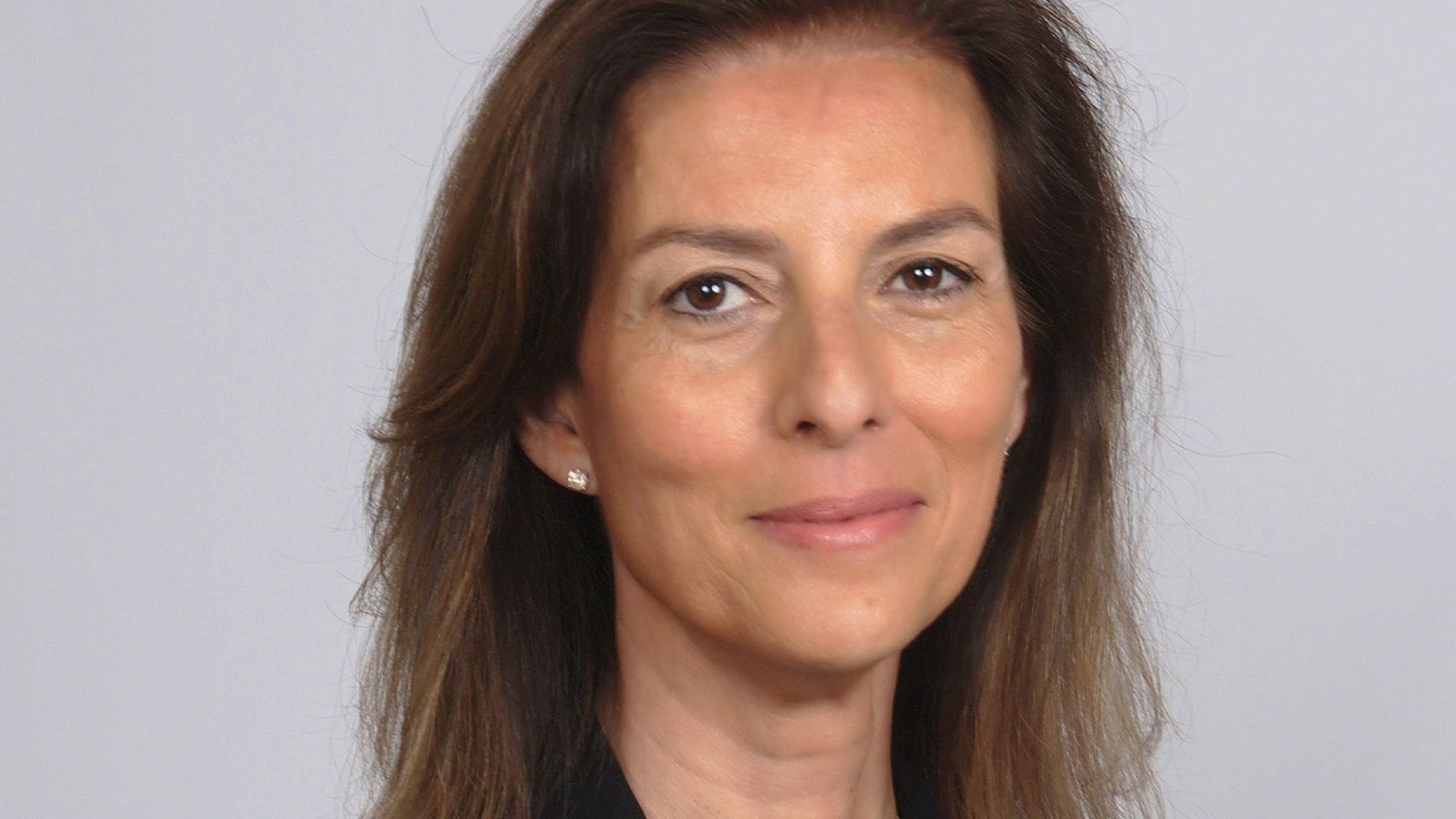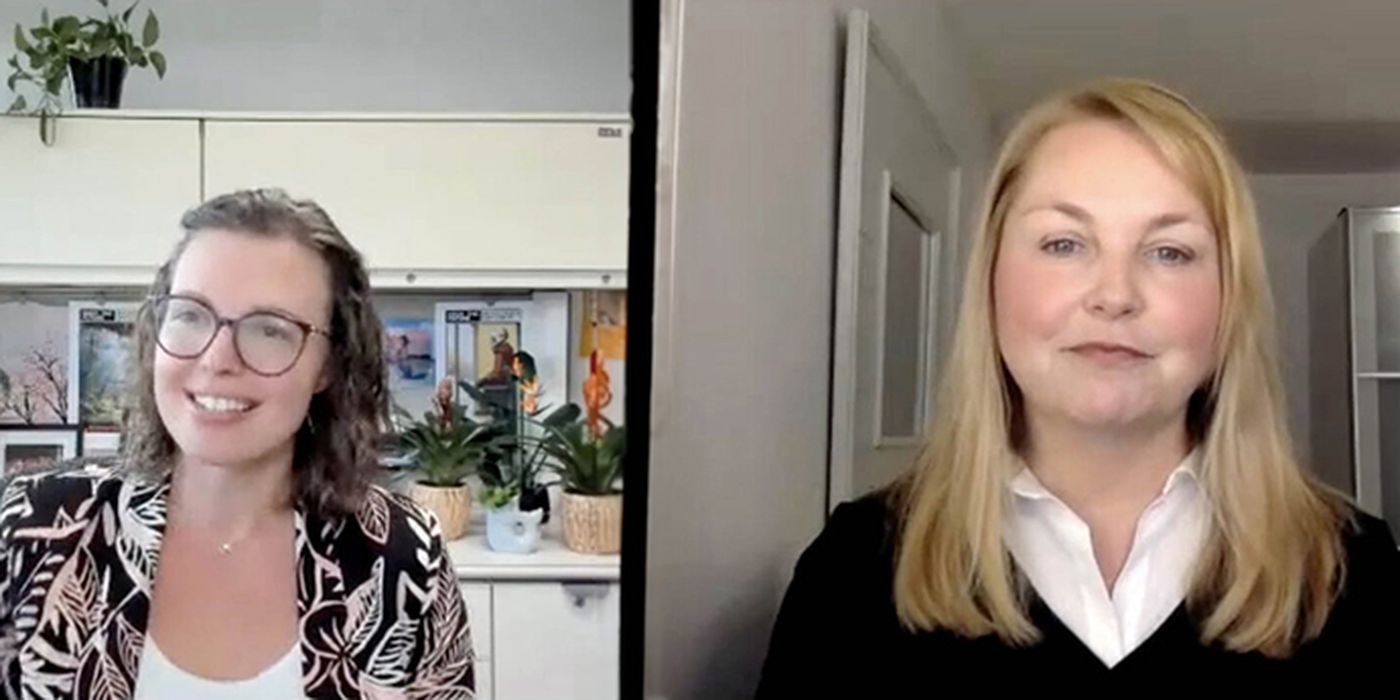Kalpana Tummala, vice president of engineering, support and program management at Invicti, fell into cybersecurity — and then decided to stay.
"I could have said no," she told us. "I could have turned away from it. But to me, this is an industry that actually has lots of potential. With everything going cyber in the last two decades, this is an industry where it is about having a skill set that is transferable to any industry."
A risk advantage
Kalpana is one of the Women to Watch among SC Media's Women in IT Security 2023 honorees, and she believes that women have an innate advantage over men when it comes to certain aspects of cybersecurity.
"Women have a natural ability to manage risk," Kalpana said. "I strongly, strongly believe in that, and that's because women are able to really process and think in a more organized way."
"The thought process is very different in women and men," she explained, adding that women can "think in a more organized way, predict what could go wrong."
Click here for full coverage of 2023 Women in IT Security.
In her experience, Kalpana said, men and women have different ways of responding to issues and problems.
Women, she explained, tend to take a calmer and more holistic approach to try to put themselves in another person's shoes and try to develop an understanding of the overall situation. This leads to a long-term solution that addresses the problem more thoroughly.
Women also tend to be more detail-oriented, she added. Those details help develop a complete understanding of the situation, risk or issue, which pays off over time.
"It not only instills confidence and comfort," Kalpana said, "but also starts the partnership journey, be it with customers, team members, peers or stakeholders."
Lack of representation, and of confidence
However, to Kalpana the paramount issue is that there are simply not enough women in cybersecurity, especially in leadership positions.
"From senior managers to directors to VPs, the different levels in VPs, and then to C-level position, the representation of women gets reduced as you go up," she told us. "The number of women in these positions is very low. I personally have seen that throughout my entire career."
That's a problem for the entire industry, she believes, because "it is very important in any field, and even more so in cybersecurity, to have different perspectives so that you will have a well-rounded understanding."
When she was starting out in her career, Kalpana related, "there were times when people would just speak over me, interrupt me as if I didn't even exist."
These experiences led to a fair amount of self-doubt.
"Really judging myself," she said. "Holding back. Assuming that others knew more than I do. Not feeling confident. Not really overcoming that feeling of I'm the only women at the table and looking for support.
"Oftentimes," she added, "I would just not voice out, because I would think that people would judge or misinterpret, because there was nobody else to support me. Nobody else to understand my viewpoint."
Speak up even if you might be wrong
That changed after Kalpana saw male colleagues speaking up even when they weren't in full command of the facts.
"Men do it with more confidence, whether they may be right or wrong," Kalpana said. "They speak their mind. And they're not being conscious about who is at the table."
She trained herself to "not to really be conscious about whether you're a man or a woman, your age, none of that."
"It's about really thinking what you can bring to the table," Kalpana added. "If you start thinking about it from that perspective, then you overcome your inhibitions about 'What if I say something wrong?' or 'What if they misinterpret me?'"
That attitude has paid off, she said.
"I have learned to be more confident," Kalpana said, "how to drive things and how to drive results."
"I earned the respect of the people that I work with," she added. "They feel confident that, 'If something is given to her, she's going to accomplish it, she is going to execute it. And she will not do it in a way that it's a Band-Aid, but in a more long-term solution.'"
Focus on the issues, and deliver results
To other women who might encounter similar obstacles, Kalpana said: "Keep practicing instilling confidence in yourself, and then it becomes natural after you do that for a few times."
"Deliver, deliver, deliver. Small wins, small, big, everything needs to be result-oriented," she added. "Delivering will basically help you to prove that you're there just like any other person who is really wanting to make a difference, make an impact."
"Then others will see you as an expert, as somebody that makes a difference," Kalpana said. "And whether you're a woman or not, it doesn't really matter at that point."
Another vital skill is learning to communicate.
"Communication is the key everywhere," Kalpana said. "That's how you connect people. That's how you express what you're thinking."
"In cybersecurity," she added, "if you don't communicate, if you don't really have that soft skill, then even how good your ideas may be, how different your other ideas and how creative your thoughts may be, [then] they're not put into implementation, they're not even brought into the limelight. They're not even being considered."
Changing perceptions
To get more women into cybersecurity, she said, the public's perception and understanding of the field needs to change.
"Cybersecurity, the word of it, scares people because it looks very technical," Kalpana said, relating what she sees when she volunteers in schools.
"The girls are inquisitive about cybersecurity, but they don't know what it really means," she said. "Maybe industries can do some workshops, can launch some programs ... to really educate women, to really educate young girls on what cybersecurity really means."
To that end, Kalpana said, one-on-one mentoring of younger women is supremely important, and it's where she hopes to have the greatest impact.
"I'd like to be recognized as a mentor that has helped people overcome their day-to-day and career obstacles and has seen them have a path for them to grow," she said.
"I'd like to be seen as a person who they would feel comfortable to come and talk and approach and really talk about the issues they're having, the struggles they're having, and feel confident that they can share that and then feel confident that we will come up with a solution, we'll come up with next steps. That's what I hope to be."





